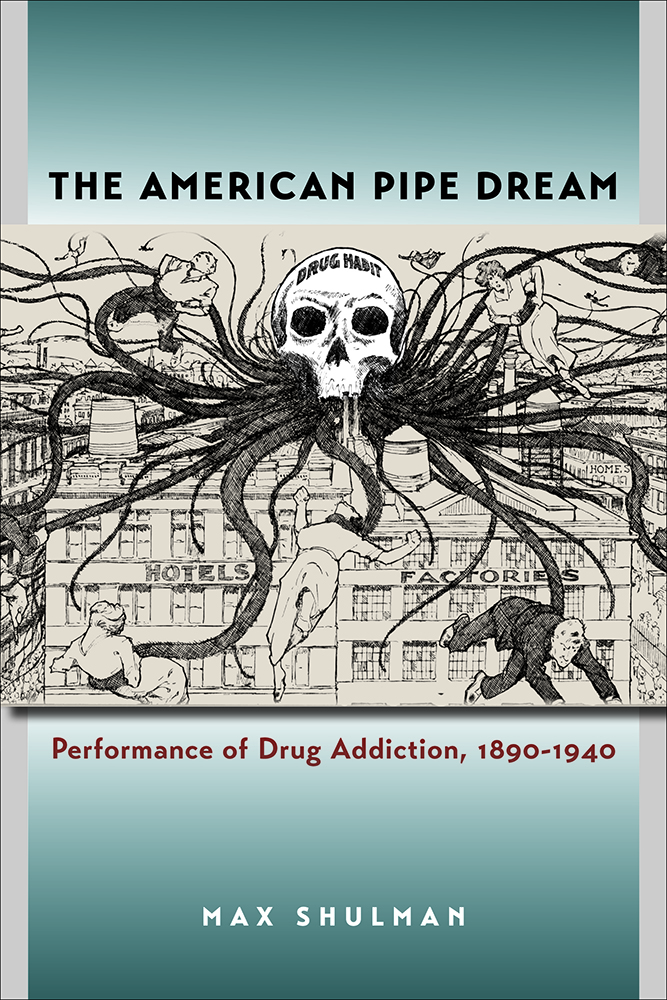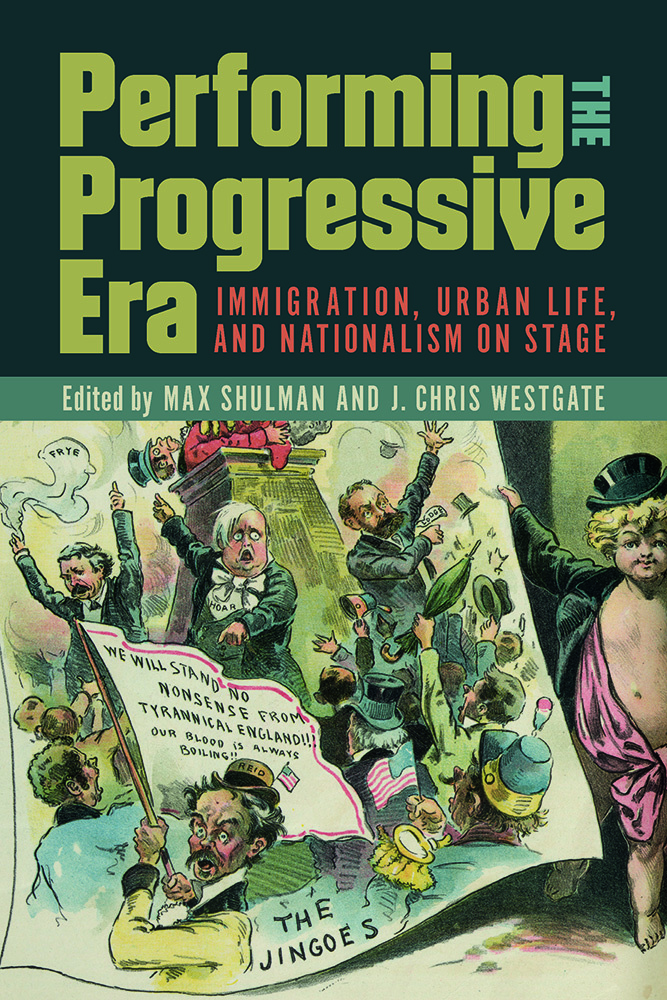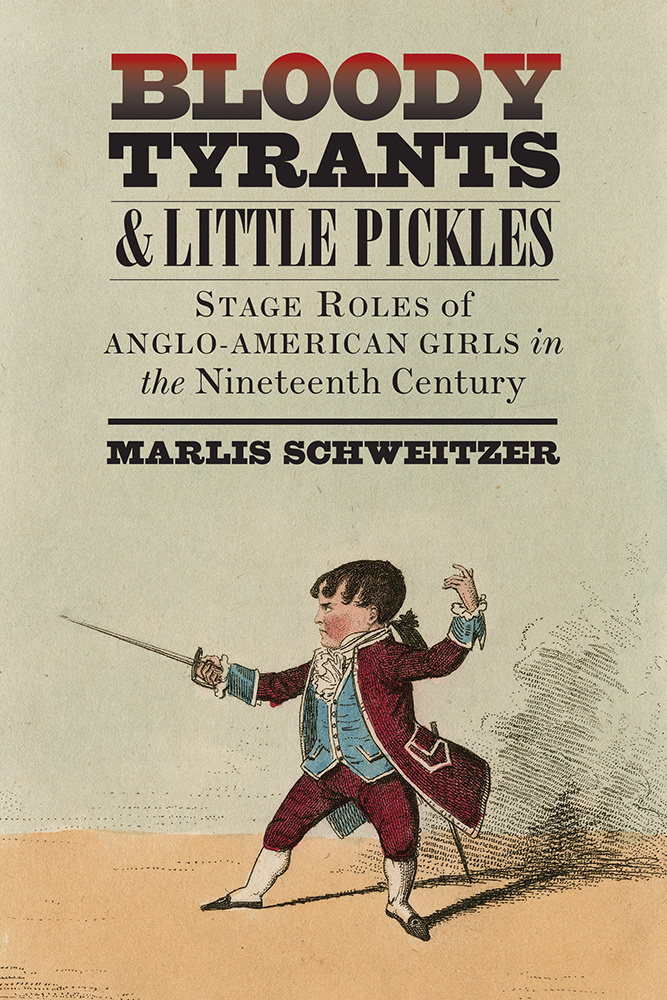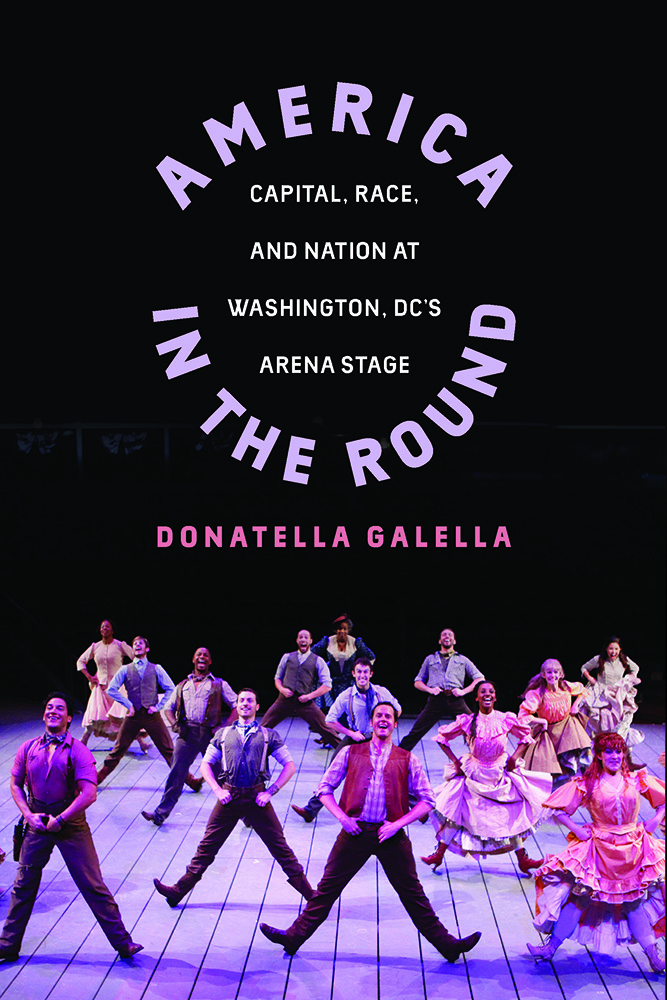The American Pipe Dream examines the many iterations of addiction as it was performed over the first half of the twentieth century, working from a massive archive of previously ignored material. Because the stage-addict became the primary way the U.S. public learned about addiction and drug use, Shulman argues that performance was essential in creating the addict in America’s cultural imagination. He demonstrates how modern-day perceptions of addiction and of the addict emerge from a complex history of accumulation and revision that spanned the Progressive Era, the Roaring Twenties, and the Great Depression.
Chapters look at how theatre, film, and popular culture linked the Chinese immigrant and opium smoking; the early attacks on doctors for their part in the creation of addicts; the legislation of addiction as a criminal condition; the comic portrayals of addiction; the intersection of Black, jazz, and drug cultures through cabaret performance; and the linkage between narcotic inebriation and artistic inspiration. The American Pipe Dream creates active connections between these case studies, demonstrating how this history has influenced our contemporary understanding, treatment, and legislation of drug use and addiction.
“The American Pipe Dream is a valuable contribution to the cultural history of addiction. Assembling a new archive of plays about alcoholism and drug habituation, and reading them in their broader context, Max Shulman demonstrates how American theatre shaped our current understandings of addiction.”—Susan Zieger, author, Inventing the Addict: Drugs, Race, and Sexuality in Nineteenth-century British and American Literature
“Shulman’s work contributes to ongoing conversations about the role of theatre in the public’s understanding of health issues, especially its complicity in the stigmatizing of addiction. His clear writing style makes his examination of these once-popular plays accessible to both students and researchers.”—Susan Kattwinkel, College of Charleston



